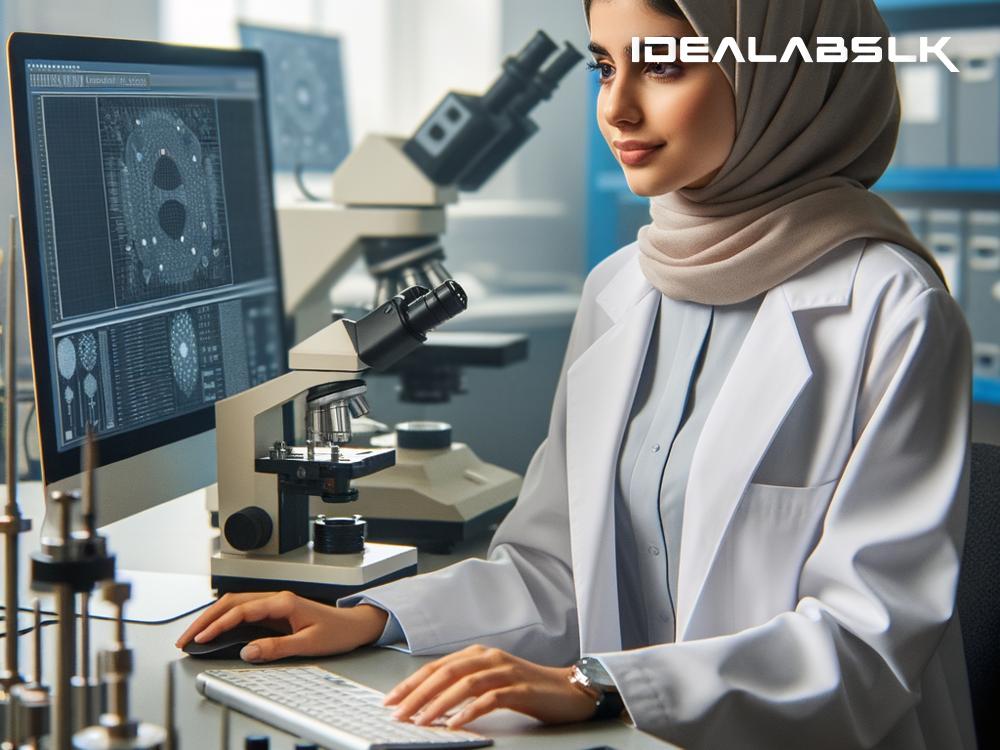In a world teeming with gadgets, from the smartphone in your pocket to the smartwatch on your wrist, technology has become an integral part of our daily lives. However, to ensure these gadgets perform at their best, they need to undergo a process called calibration. Calibration, in simple terms, is like fine-tuning your gadgets to make sure they're accurate and efficient. But, as technology evolves, manual calibration can be time-consuming and not always precise. That's where Artificial Intelligence (AI) swoops in to save the day. AI is transforming the way calibration is done in high-tech gadgets, making the process faster, more accurate, and less reliant on human intervention.
How AI Changes the Calibration Game
Imagine having a friend with an extraordinarily sharp eye for detail who can quickly spot any slight deviation in your gadget's performance and adjust it in real time. That's similar to what AI does in the calibration process. By automating calibration, AI not only cuts down on the time needed to fine-tune gadgets but also enhances the accuracy of this process. Here's a closer look at how AI is revolutionizing the calibration of high-tech gadgets:
Speed and Efficiency
First and foremost, AI drastically increases the speed and efficiency of calibration. Traditional methods involve manual adjustments and often require gadgets to be taken offline or out of service. However, AI-enabled devices can calibrate themselves in the blink of an eye, without any disruption in service. This means your gadgets are always running optimally without any downtime.
Precision and Accuracy
Humans are capable of incredible precision, but even the most skilled technicians can’t match the accuracy of AI. AI algorithms can process vast amounts of data in a fraction of the second, detecting any discrepancies that might affect gadget performance. By automating the calibration process, AI ensures that your gadgets are calibrated with pinpoint accuracy, enhancing their performance and reliability.
Predictive Calibration
One of the most groundbreaking aspects of AI in calibration is its predictive capabilities. AI doesn't just react to issues; it anticipates them. By analyzing patterns and predicting potential problems, AI can calibrate gadgets even before a drop in performance occurs. This proactive approach not only keeps your gadgets running smoothly but also extends their lifespan by preventing damage from uncalibrated use.
Reducing Human Error
No matter how meticulous a person is, human error is always a possibility in manual calibration. AI, however, does not suffer from the same lapses in concentration or judgment. With AI, the chances of errors in the calibration process are significantly reduced, if not completely eliminated, leading to more reliable and consistent gadget performance.
Real-world Applications
Let's look at some examples where AI-driven calibration is making a huge impact:
Smartphones and Tablets
Modern smartphones and tablets come equipped with an array of sensors, from accelerometers to gyroscopes. Calibrating these sensors ensures accurate tracking of movement and orientation. AI can continuously monitor and adjust these sensors, ensuring your device operates flawlessly, whether you're navigating through maps or playing motion-sensitive games.
Wearable Devices
Wearable tech, like smartwatches and fitness trackers, relies heavily on sensor accuracy for health monitoring, step counting, and more. AI helps calibrate these sensors for individual users, not only improving the accuracy of health tracking but also providing personalized feedback and insights.
Automotive Technology
In the realm of self-driving cars and advanced driver-assistance systems (ADAS), calibration is crucial for safety and performance. AI plays a vital role in calibrating cameras, radars, and other sensors to ensure that the vehicle’s understanding of its surroundings is as accurate as possible, enhancing both safety and efficiency on the road.
Conclusion
AI is rapidly transforming the landscape of gadget calibration, offering unparalleled speed, efficiency, precision, and predictive capabilities. By automating the calibration process, AI not only enhances the performance and reliability of our gadgets but also paves the way for more advanced technologies that can seamlessly integrate into our lives. As we continue to rely on an ever-growing array of high-tech gadgets, AI stands at the forefront, ensuring that our devices always perform at their best, keeping us connected, entertained, and safe.

